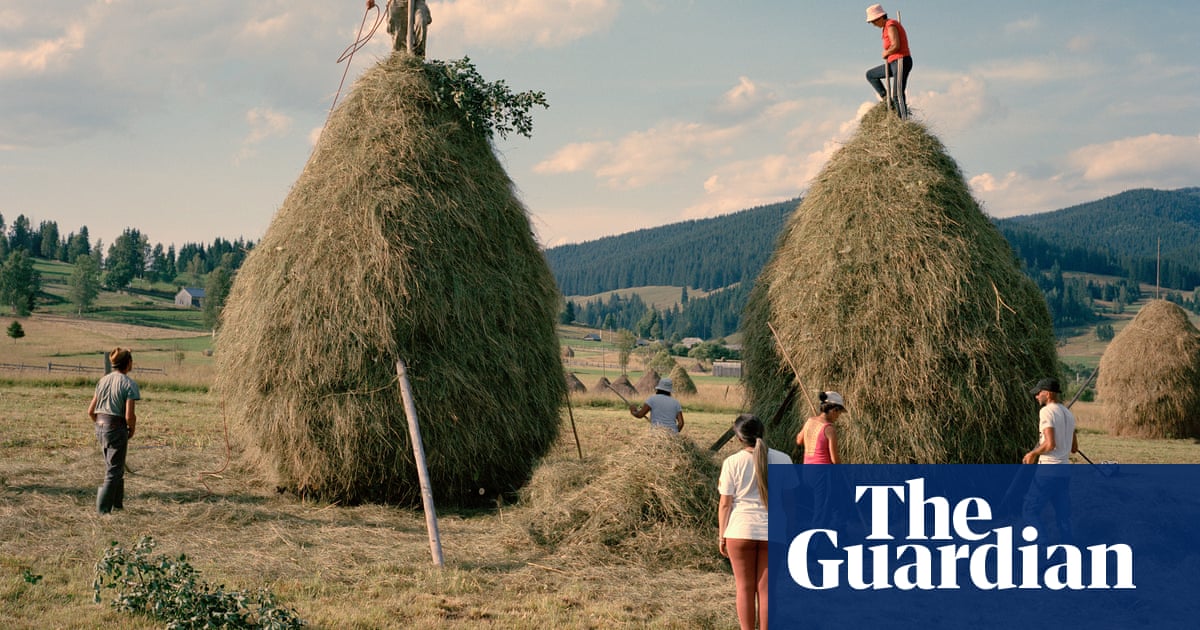La Rondine remains the sleeper among Puccini’s mature works. Not only did it have a troubled gestation – working on a commission for a Viennese theatre was a tad awkward once Italy was at war with Austria – but opera houses have never really embraced it. The problem is not the score, which teems with charm and melody, but the dramatic stakes, which remain stubbornly low. Where Bohème, Butterfly and Tosca are seldom off the boil, La Rondine rarely rises above a simmer. That said, Antonio Pappano and the London Symphony Orchestra made an especially compelling case for it, Pappano’s evident affection for the music coming across in every turbocharged bar of this heartfelt and detailed performance.
The story of Magda, a Parisian courtesan who flees to the French Riviera with her provincial lover to circumvent bourgeois disapproval, is on the slight side. When she plucks up the courage to tell the young man about her past, their parting is more resignation than fireworks, although the music does rise to the challenge. Other high points include an achingly memorable duet in the second act and the radiant aria Chi il Bel Sogno di Doretta?, famous for its appearance in the Merchant Ivory film A Room With a View.

Puccini intended the work to be his Viennese operetta, albeit a distinctively Italian one. The waltz-crammed score channels Lehár, while an affection for Richard Strauss is apparent in one of his most sophisticated and progressive orchestrations (at one point, he even quotes Salome). Melodic fragments hurtle past in an impressionistic whirl, while the dazzling instrumentation shimmers with harp, celesta and not one but two glockenspiels.
Clearly the composer intended his music to glitter and, in Pappano’s hands, glitter it did. Up-tempo sections exploded with oodles of pizazz, while a sensitive, elastic beat coaxed every ounce of emotion out of Puccini’s gentler lyrical passages. The LSO responded in kind, instrumental cameos judiciously placed and full of character.
Bolivian Albanian soprano Carolina López Moreno, replacing an indisposed Nadine Sierra, is a genuine find as Magda, a lyrical singer with a graceful, silvery top and ample firepower when required. Slightly reserved in the first act, by the end of the opera she had come into her own. Michael Fabiano was her warm-toned Ruggero. An uncooperative top note apart, he was vocally at ease, summoning an abundance of romantic ardour for their convincingly acted duets.
Paul Appleby and Serena Gamberoni sang most stylishly as the poet Prunier and his wannabe actor girlfriend, milking their comic squabbling for every drop of fun. Ashley Riches lent dignity to the po-faced Rambaldo, with Sarah Dufresne, Angela Schisano and Marvic Monreal standing out as a trio of gossipy good-time girls. A fitting finale to Puccini’s centenary year.

.png) 3 months ago
30
3 months ago
30













































